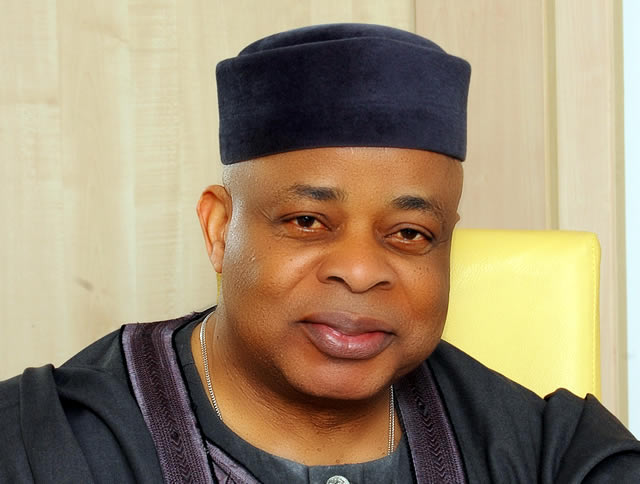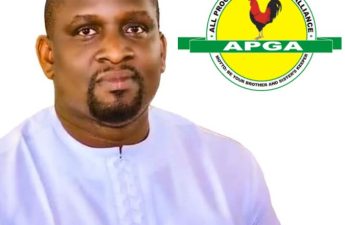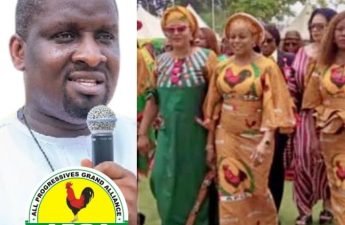Former Senate President, Ken Nnamani, on Friday, formally announced his intentions to run for the 2023 presidential race.
Declaring his interest at a brief ceremony in Abuja, the All Progressives Congress member said he is running for the highest office in the country to improve on the legacies of the president.
Nnamani, who turned 73 last November, said he is in the race to solve Nigeria’s problems and would not make any excuses; adding that his leadership pedigree and scorecard as a senate president speak for themselves.
According to him, the time has come to deliver hope and prosperity to Nigeria in the midst of despair and poverty.
The former senate president said, “A few days ago, I expressed the intention to join the contest for the APC 2023 Presidential Primary. Now, I give firm declaration that I will purchase the nomination forms in a couple of days.“
I am aspiring to be President in 2023 because I believe that at this period of grave crisis, Nigeria needs to be reinvented to be a modern, democratic state that prioritizes the socioeconomic wellbeing of its citizens; to be restructured from inefficient consumption to production; and to be led with integrity and compassion.
“I also believe that every period in the history of a country requires a particular kind of leader. Nigeria faces very tough challenges now more than ever.“In 2015, we needed a Buhari to take Nigeria away from the misdirection of the Peoples Democratic Party. In 2023, we need a leader who knows how to work across the divides and lead a coalition for competent and dedicated Nigeria to lay foundations for social stability and prosperity.
“My pedigree and previous accomplishments in high office in Nigeria lend credence to the fact that I am a good fit to the challenges of this moment in Nigerian history.”
Asked for his views concerning the high cost of expression of interest and nomination fees of the APC, Nnamani said: “My view is that we should work towards reducing the cost of nomination for political offices so that we can create an inclusive environment for our dynamic youths and women who may not have access to much wealth but have great intellect and public spirit to enter into public service through political recruitment.
“I hold the view that high costs of election are not aligned to our socioeconomic realities in terms of comparative per capita income and purchasing power of Nigerians.
“But ultimately, the pressure for drastic reduction in nomination fees for public offices will come when citizens and citizen groups begin to play more active role in demanding and presenting credible and capable persons for elective offices rather than allow money bags force themselves into such offices.
“I believe that the nomination fees that parties ask aspirants to pay for elective offices in Nigeria need rethinking in order to improve the inclusion of youths, women and most Nigerians who earn salaries in an economy that has become distressed, largely on account of global economic meltdown and domestic insecurity and low productivity.”
He called on the Independent Electoral Commission (INEC) to lay down guidelines to the parties on both the costs of nominations and campaign expenses, saying “I will back such regulatory control that will improve the fiscal responsibility and inclusive politics in Nigeria.”



